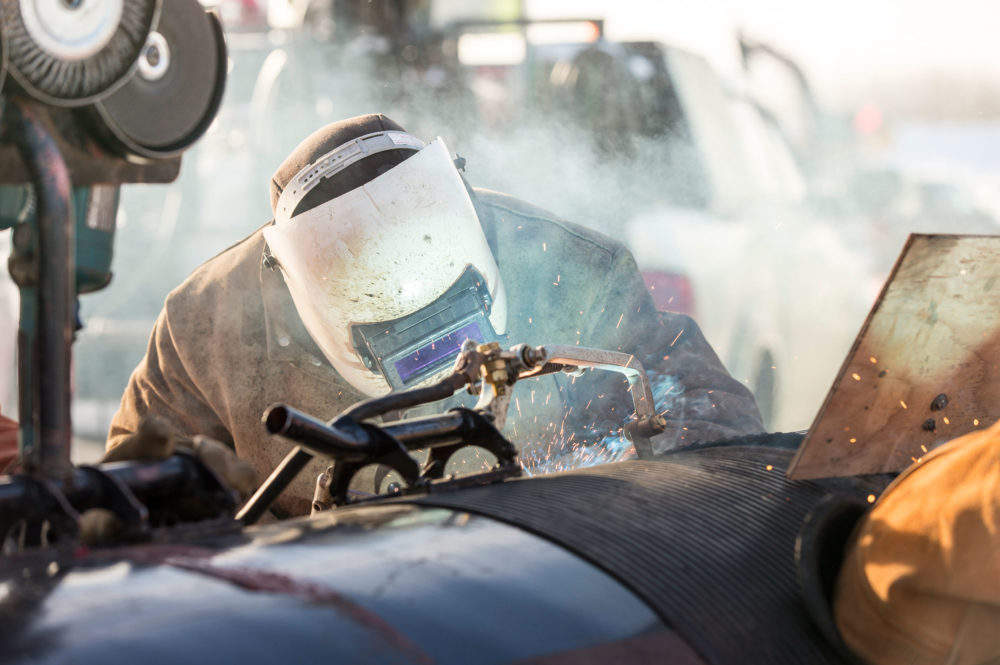The US State Department has come to a conclusion that the $8bn Keystone XL pipeline project planned by TransCanada will not have any significant impact on the environment.

Image: The 1,900km long Keystone XL pipeline project will stretch from Alberta, Canada to Nebraska, US. Photo: courtesy of TransCanada Corporation.
The 1,900km long Keystone XL pipeline project will not cause any harm to either water or wildlife, as per the environmental assessment carried out by the State Department for the pipeline’s revised route.
Designed to transport over 800,000 barrels per day of heavy crude from Canadian oil sands into the US, the 36inch diameter crude oil pipeline will start at Hardisty in Alberta province and end south to Steele City in Nebraska.
A draft review compiled by the State Department for the proposed pipeline project said that even if there is case of oil spillage along the revised route through Nebraska, the groundwater is likely to remain unaffected.
It further reads that a prompt cleanup response in such situations is expected to help in remediating the contaminated soils before the hazardous matter enters into groundwater depth.
The State Department also said enforcing the revised route for the Keystone XL pipeline project will not have any significant direct, indirect or cumulative impact on the quality of the natural or human environments.
The department’s review has been condemned by environmental organization Sierra Club.
Sierra Club Beyond Dirty Fuels campaign director Kelly Martin said: “The Trump administration sees no problem with building Keystone XL — in other news, the grass is still green and the sky is still blue.
“Keystone XL is a threat to our land, water, wildlife, communities, and climate. We’ve held off construction of this pipeline for 10 years, and regardless of this administration’s attempts to force this dirty tar sands pipeline on the American people, that fight will continue until Keystone XL is stopped once and for all.”
In late January, TransCanada announced that it had secured adequate shipper commitments to move ahead with the Keystone XL pipeline project.
The Canadian energy infrastructure company, which plans to start construction on the crude oil pipeline in 2019, had secured close to 500,000 barrels per day of firm and 20-year commitments at the time of the announcement.
